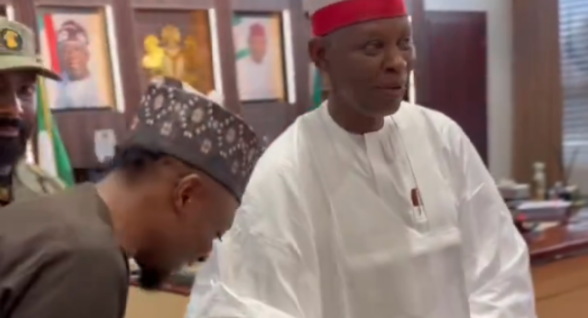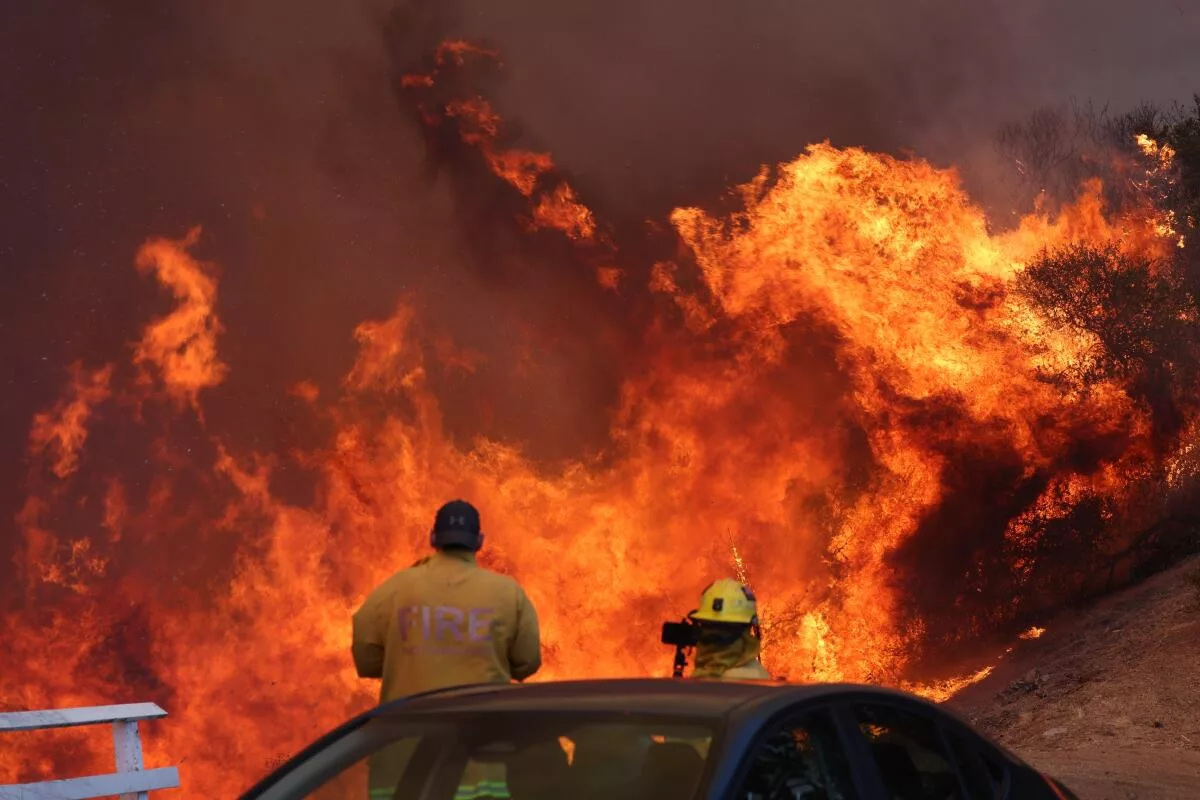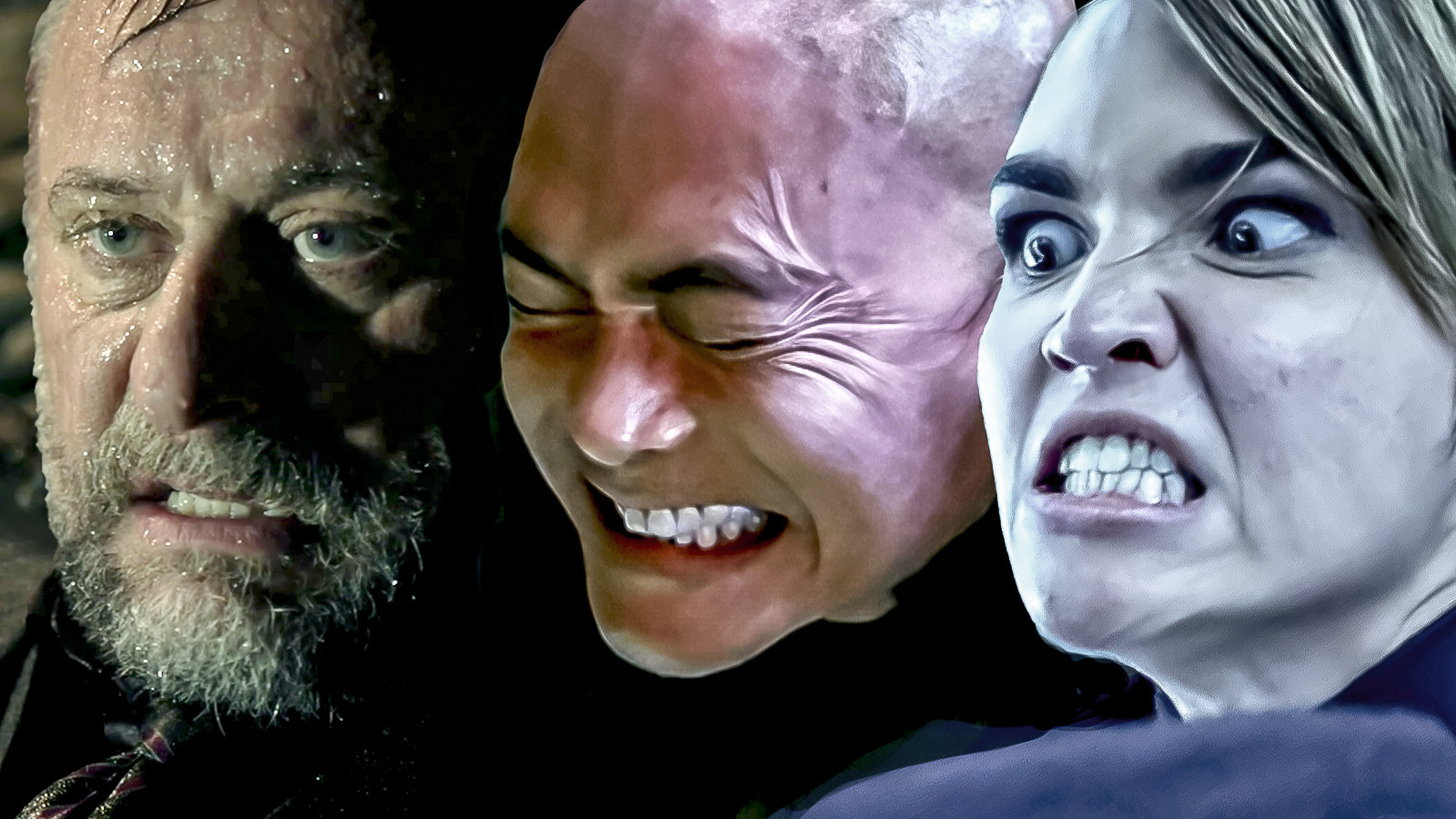Controversy Erupts: Faber's Refusal Of Honours For COA Volunteers

Table of Contents
The Nature of the Honours and Faber's Justification
The honours in question were prestigious Civic Merit Awards, bestowed annually by the city council to recognize exceptional contributions to the community. These awards, typically accompanied by medals and citations, are considered a high honour, reserved for individuals and groups demonstrating outstanding dedication and service. The COA, a volunteer-based organization dedicated to environmental protection and community development, had been nominated for its tireless work over the past decade, specifically highlighting their success in the recent city-wide park restoration project.
Faber, a long-standing and influential member of the COA's leadership, issued a statement rejecting the award on behalf of the organization. While the exact wording of the statement remains unavailable, sources indicate Faber's justification centered on the inherent inequalities within the system of awards. Key arguments included:
- Inequitable Distribution of Recognition: Faber argued that the awards system disproportionately favored certain groups and individuals, neglecting the contributions of countless unsung heroes within the COA and the broader community.
- Emphasis on Individual Achievement over Collective Effort: Faber emphasized that the COA's achievements were the result of collective effort and collaboration, not solely the work of a few individuals. Awarding honours to a select few, therefore, felt inappropriate.
- Symbolic Critique of the Awarding System: Some speculate that Faber’s refusal was a deliberate symbolic act, meant to critique the limitations of the current system of community recognition.
This justification, while challenging the status quo, has sparked considerable discussion about the complexities of acknowledging volunteer contributions effectively.
Reactions from COA Volunteers and the Public
The reaction to Faber's decision has been varied and passionate. While some volunteers expressed support for Faber's bold stance, citing the inherent inequalities in traditional award systems, others felt deeply disappointed and undervalued. Several volunteers, speaking anonymously, voiced concerns that the refusal could negatively affect the morale and image of the COA.
- Internal Division: Internal discussions within the COA are reported to be intense, with differing viewpoints on the merits of Faber's decision.
- Public Outcry: Online forums and social media have witnessed heated debates about the appropriateness of Faber's action. A petition calling for the city council to reconsider its award selection process has also gained traction.
- Media Attention: The controversy has attracted significant media attention, further fueling the public discourse.
This diverse range of responses illustrates the complexity of the issue and the profound impact Faber's decision has had on the COA and the wider community.
Implications for Future Volunteer Recognition
Faber's actions have significant implications for the future of volunteer recognition within the COA and potentially for other similar organizations. The incident raises several crucial questions:
- Volunteer Morale: The controversy could negatively impact volunteer morale, potentially leading to decreased participation and engagement.
- Recruitment Efforts: Future recruitment efforts may be hampered if potential volunteers perceive a lack of appreciation for their contributions.
- Organizational Relationships: The incident has strained relationships between Faber, the COA, and the city council, creating potential challenges for future collaborations.
- Re-evaluation of Awarding Systems: The controversy necessitates a critical re-evaluation of existing volunteer recognition practices, prompting a wider debate on fairer and more inclusive systems.
Addressing these concerns is crucial to ensure that the volunteer sector continues to thrive.
Similar Controversies and Precedents
While Faber's case is unique, it echoes broader discussions about equitable volunteer recognition. Similar controversies have arisen in other organizations, often revolving around issues of inclusivity, fair representation, and the appropriate recognition of collective effort. Research into best practices for volunteer recognition, as well as case studies of successful and unsuccessful recognition programs, can offer valuable insights into navigating these complexities. [Link to relevant article on volunteer recognition best practices]. By studying these past instances, organizations can learn how to improve their systems to better appreciate the contributions of their volunteers.
Conclusion: Understanding the Fallout from Faber's Refusal of Honours for COA Volunteers
Faber's refusal of honours for COA volunteers, while controversial, has sparked a much-needed conversation about the complexities of recognizing volunteer contributions. While the act has drawn both support and criticism, it undeniably highlights the inherent challenges in creating equitable and meaningful recognition systems. The controversy’s lasting impact will depend on how organizations respond – embracing this as an opportunity for meaningful reform or allowing it to create further division and disillusionment.
We urge you to share your thoughts on the Faber controversy and the challenges of recognizing COA volunteers. What steps can organizations take to ensure fair and equitable recognition of volunteer contributions? Let's continue the discussion.

Featured Posts
-
 Philippe Candeloro Et Chantal Ladesou Vente Des Vins De Nuits Saint Georges En Images
May 11, 2025
Philippe Candeloro Et Chantal Ladesou Vente Des Vins De Nuits Saint Georges En Images
May 11, 2025 -
 Jurickson Profar Receives 80 Game Suspension For Ped Violation
May 11, 2025
Jurickson Profar Receives 80 Game Suspension For Ped Violation
May 11, 2025 -
 Jessica Simpson Hennes Kontroversiella Orm Sperma Diet
May 11, 2025
Jessica Simpson Hennes Kontroversiella Orm Sperma Diet
May 11, 2025 -
 Los Angeles Wildfires A Case Study In The Growing Market For Disaster Related Betting
May 11, 2025
Los Angeles Wildfires A Case Study In The Growing Market For Disaster Related Betting
May 11, 2025 -
 10 Best John Wick Ripoffs Ranked
May 11, 2025
10 Best John Wick Ripoffs Ranked
May 11, 2025
